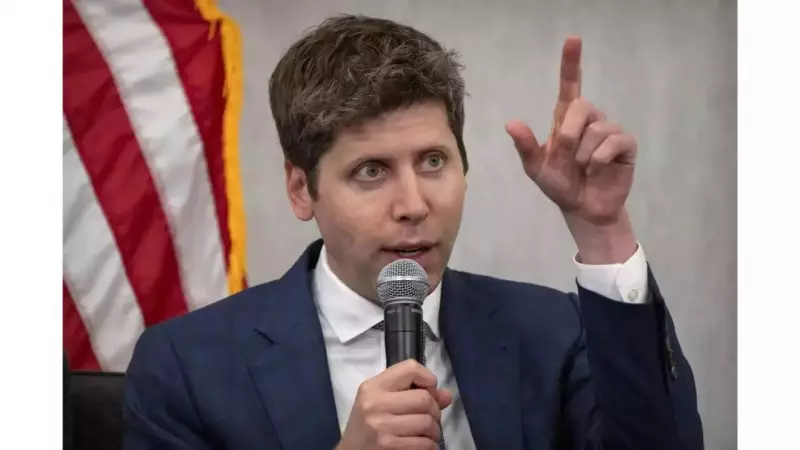
In a dramatic revelation that's sending shockwaves through the tech industry, OpenAI CEO Sam Altman has openly discussed his willingness to pull his groundbreaking artificial intelligence company out of California entirely.
The confrontation occurred during a private meeting with California Attorney General Rob Bonta, where Altman made his position crystal clear. "I made it clear to Attorney General Bonta that we are not..." Altman stated, leaving little room for misinterpretation about his stance on the regulatory environment.
California's AI Exodus Threat
This isn't just another corporate threat - it represents a significant potential blow to California's status as America's technology capital. With OpenAI being one of the most valuable and influential AI companies globally, their departure could trigger a broader exodus of artificial intelligence firms from the Golden State.
The tension highlights the growing divide between innovative tech companies and regulatory bodies struggling to keep pace with rapidly evolving artificial intelligence technologies. As AI becomes increasingly integrated into daily life and business operations, the stakes for getting regulation right have never been higher.
What This Means for the AI Industry
Industry experts are watching this development closely, as it could set a precedent for how other states and countries approach AI regulation. The outcome of this standoff might influence:
- Where future AI companies choose to establish headquarters
- How aggressively states compete for AI investment
- The balance between innovation and consumer protection
- Global competition in artificial intelligence development
Altman's bold stance demonstrates that leading AI executives are willing to play hardball when it comes to regulatory frameworks that could potentially stifle innovation or create operational challenges.
The Bigger Picture
This confrontation comes at a critical juncture for the artificial intelligence sector. With governments worldwide scrambling to establish AI governance frameworks, the relationship between tech leaders and regulators has become increasingly complex and occasionally contentious.
The California-OpenAI standoff serves as a bellwether for similar debates likely to emerge globally as artificial intelligence continues to transform industries and societies. How this particular situation resolves could provide valuable insights for other jurisdictions facing similar challenges.





